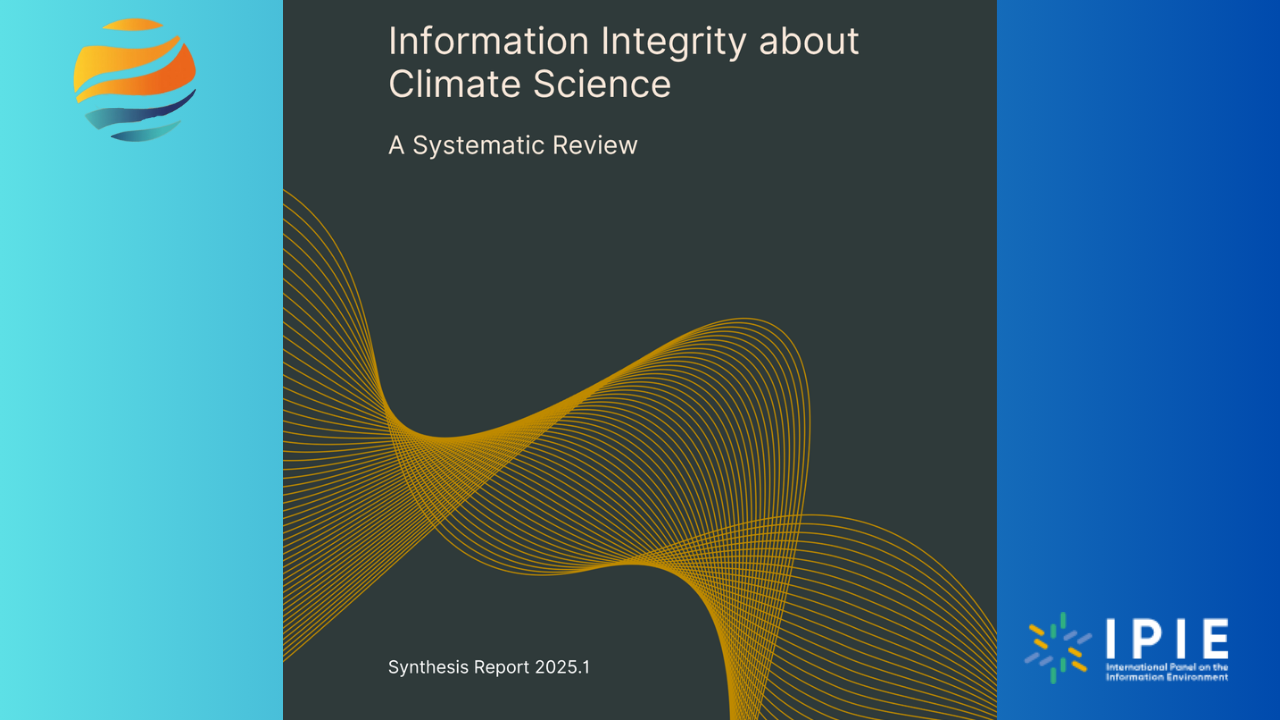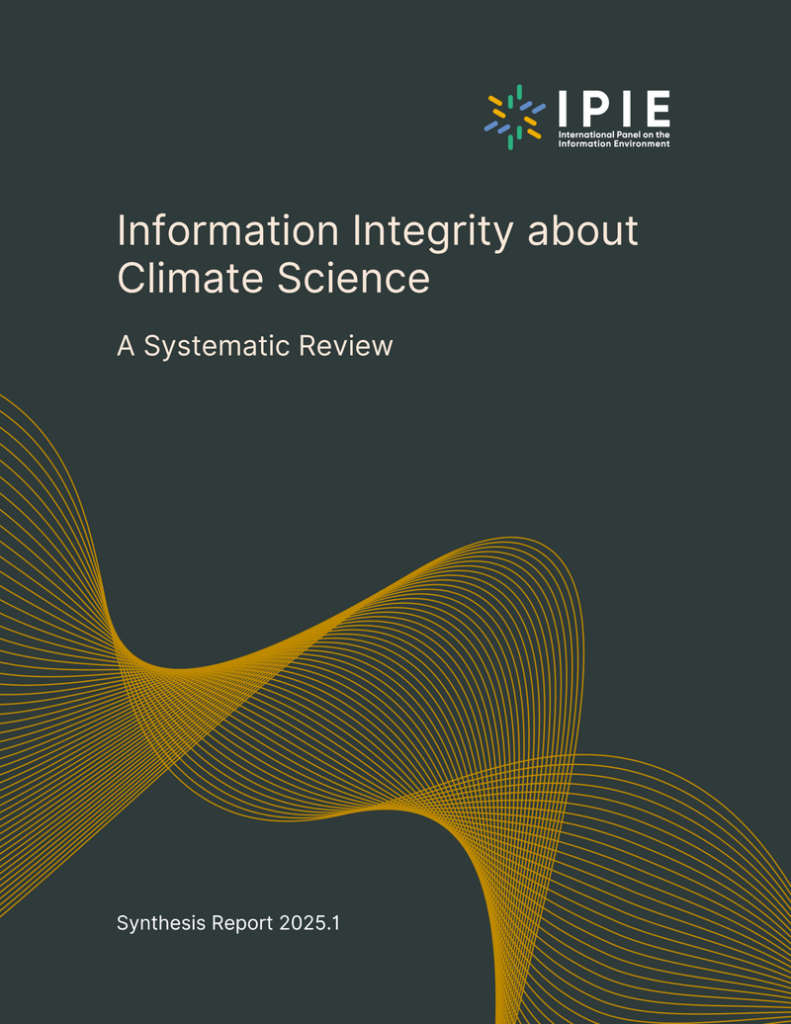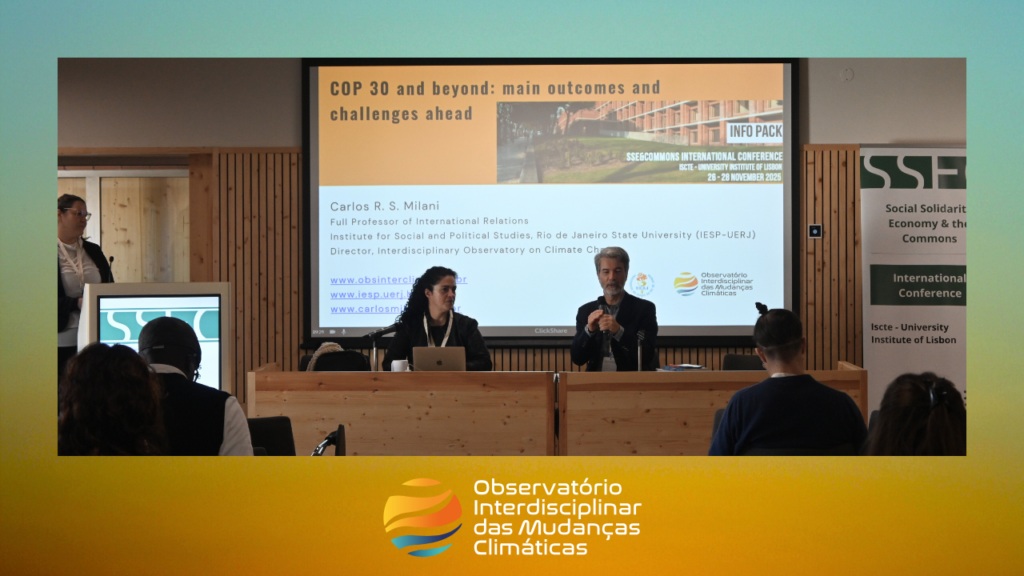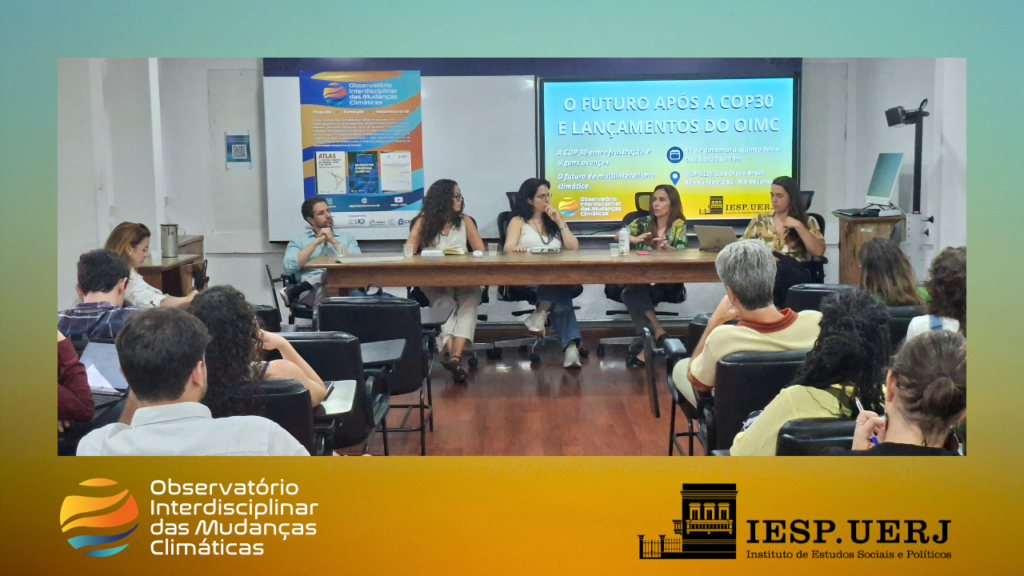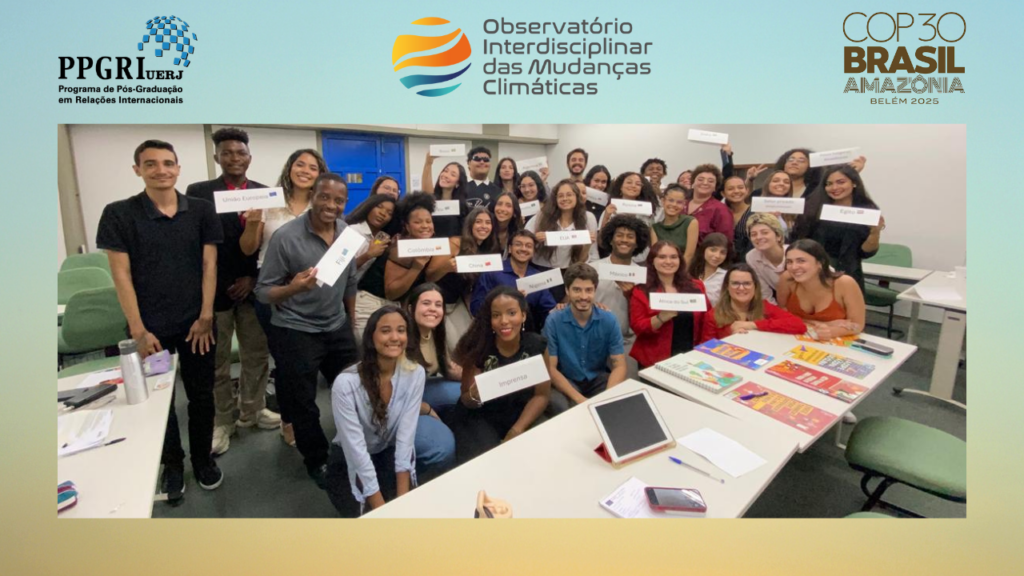The International Panel on the Information Environment (IPIE) published the report Information Integrity about Climate Science: A Systematic Review, the result of unprecedented research into the role played by global misinformation in obstructing political action aimed at tackling the climate emergency.
Produced by a scientific committee made up of 11 experts from different regions, including OIMC coordinator Prof Carlos R. S. Milani, the report represents the most comprehensive assessment published to date of the effects of misinformation on the climate crisis debate. Based on the compilation of thousands of academic texts published over the last decade, the research selected 300 of the most prominent publications to promote a systematic analysis of the main findings of science on climate misinformation today. Among its conclusions, the publication shows that companies in the fossil fuel market and think tanks affiliated with them, aligned with political interests, have been changing their strategy – replacing explicit denialism with more sophisticated campaigns dedicated to sowing doubts about viable climate solutions. The report is also accompanied by a Summary for Policymakers.
The release, as well as the information published in the report, has been the subject of coverage by various media outlets with sections dedicated to covering the climate issue. The British newspaper The Guardian, the American daily The Hill, the Climate Fact Checkers platform and the Brazilian online magazine EcoDebate have all published articles on the issue.
The human response to the climate crisis is being obstructed and delayed by the production and circulation of misleading information about the nature of climate change and the available solutions.
The findings of this study indicate that powerful actors—including corporations, governments, and political parties—intentionally spread inaccurate or misleading narratives about anthropogenic climate change. These narratives circulate across digital, broadcast, and interpersonal communication channels. The result is a decline in public trust, diminished policy coordination, and a feedback loop between scientific denialism and political inaction.
IPIE is a global, independent scientific organisation that produces scientific knowledge about the quality of the world’s information environment. Based in Switzerland, the panel offers policymakers, the industry and civil society actionable scientific assessment of the threats to the information environment, including AI bias, algorithmic manipulation and disinformation. IPIE is the only scientific body that systematically organises, evaluates and promotes research with the broad aim of improving the global information environment.
